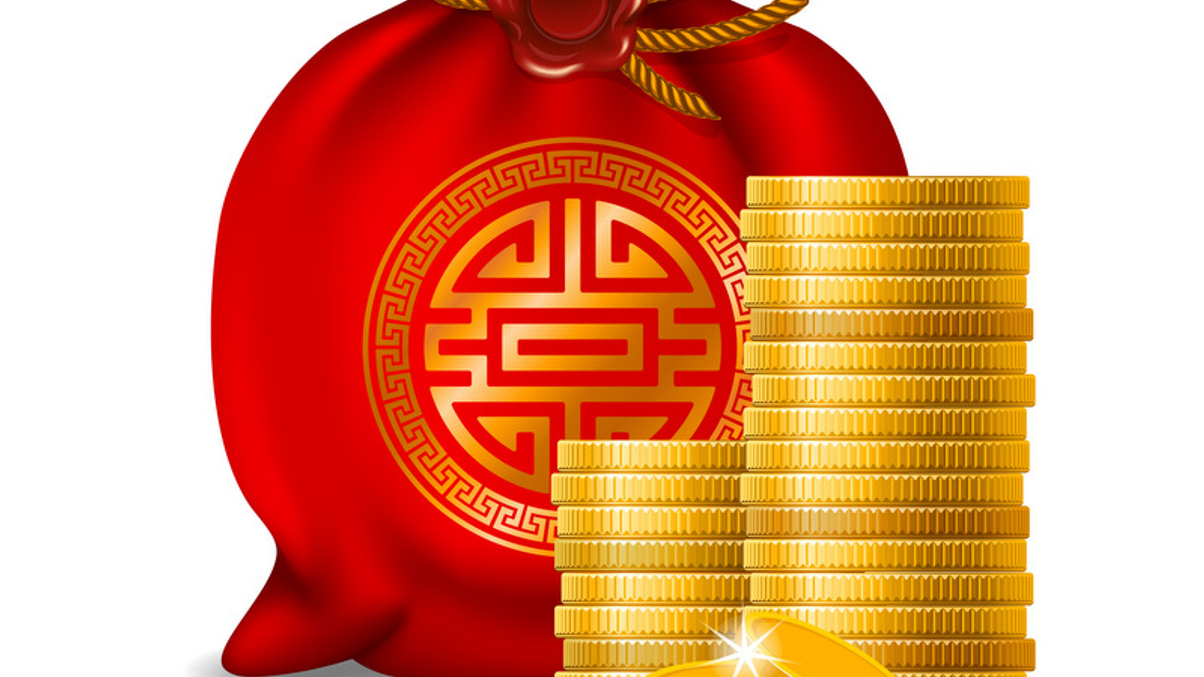Investor hopes high for Citic Capital’s new $2.8b fund
The Chinese alternative investment manager has closed its fourth China buyout fund with strong institutional backing despite the backdrop of an escalating trade war.

Citic Capital has reached the final close of its fourth China buyout fund, which has amassed $2.8 billion from new and repeat investors – and China’s current economic woes may provide it with ample deal opportunities.
Sign in to read on!
Registered users get 2 free articles in 30 days.
Subscribers have full unlimited access to AsianInvestor
Not signed up? New users get 2 free articles per month, plus a 7-day unlimited free trial.
¬ Haymarket Media Limited. All rights reserved.


